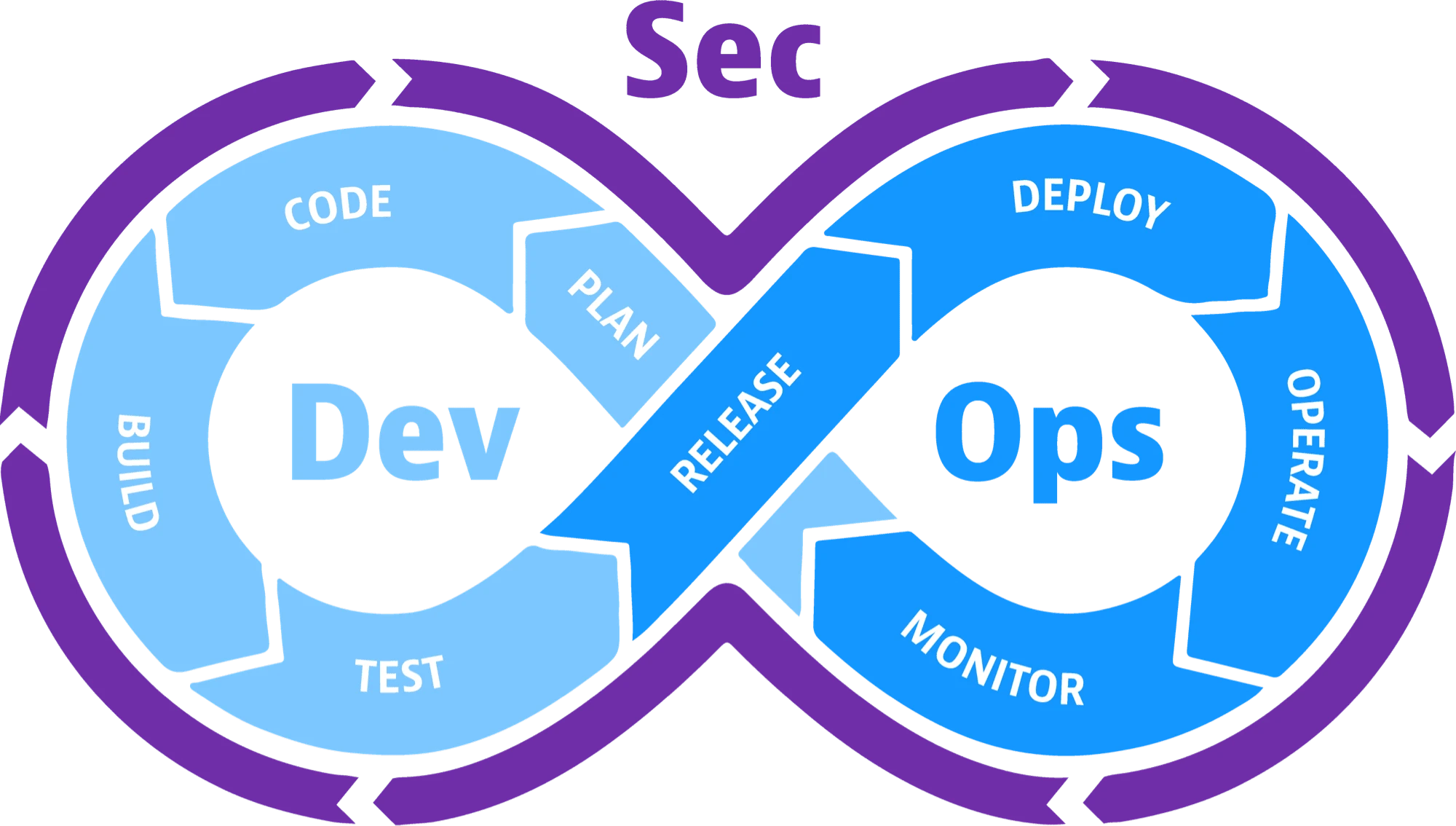DevSecOps
What is DevSecOps?
Definition:
DevSecOps is a methodology that emphasizes integrating security practices into the DevOps (Development and Operations) process. It aims to build security into every stage of the software development lifecycle (SDLC), from planning and coding to testing and deployment. DevSecOps promotes collaboration between development, operations, and security teams to ensure that security is not treated as an afterthought but as an integral part of the development pipeline.
Analogy:
Think of DevSecOps as a fortified castle. In traditional software development (DevOps), security might be seen as a moat added as an afterthought, protecting the castle only after it’s built. In DevSecOps, security is like the strong walls and gates built into the very design of the castle, protecting it at every step of its construction and throughout its lifetime.
Further Description:
DevSecOps encompasses several key principles and practices:
- Shift Left: This principle advocates for addressing security concerns as early as possible in the SDLC, starting from the planning and design phases. By integrating security into the earliest stages of development, teams can identify and mitigate vulnerabilities before they become costly to fix.
- Automation: Automation plays a crucial role in DevSecOps by enabling continuous security testing and integration throughout the development process. Automated security checks, such as static code analysis, vulnerability scanning, and compliance testing, help ensure that security measures are consistently applied across all code changes.
- Continuous Monitoring: DevSecOps emphasizes continuous monitoring of applications and infrastructure in production environments. By monitoring for security threats and anomalies in real-time, teams can respond promptly to security incidents and implement necessary remediation measures.
- Collaboration and Culture: DevSecOps promotes a culture of collaboration and shared responsibility among development, operations, and security teams. By breaking down silos and fostering open communication, teams can work together more effectively to identify and address security risks.
Key Components of DevSecOps:
– Secure Coding Practices: Following secure coding standards and best practices to minimize the introduction of vulnerabilities during development.
– Security Testing: Conducting automated security testing, including static code analysis, dynamic application security testing (DAST), and software composition analysis (SCA), to identify and remediate vulnerabilities.
– Infrastructure as Code (IaC): Managing infrastructure configuration and provisioning through code, enabling automated security checks and consistent deployment environments.
– Continuous Integration/Continuous Deployment (CI/CD): Implementing CI/CD pipelines with built-in security checks to automate software delivery while ensuring that only secure, tested code is deployed to production.
Why is DevSecOps Important?
– Improved Security: By integrating security into the development process, DevSecOps helps identify and mitigate security vulnerabilities earlier, reducing the risk of security breaches and data leaks.
– Faster Time to Market: Automated security checks and continuous integration enable faster and more reliable software delivery, allowing teams to release new features and updates more frequently without sacrificing security.
– Regulatory Compliance: DevSecOps practices help organizations meet regulatory requirements and industry standards by ensuring that security measures are consistently applied and validated throughout the development lifecycle.
Examples and Usage:
– Netflix: Netflix employs DevSecOps practices to continuously deliver secure, high-quality streaming services to millions of users worldwide.
– Capital One: Capital One has embraced DevSecOps to streamline software delivery while maintaining rigorous security standards in the highly regulated financial industry.
– Google: Google leverages DevSecOps principles to secure its cloud infrastructure and services, enabling rapid innovation while protecting customer data and privacy.
Key Takeaways:
- DevSecOps integrates security practices into the DevOps process, promoting collaboration, automation, and continuous monitoring to enhance security throughout the software development lifecycle.
- Key components include secure coding practices, security testing, infrastructure as code, and CI/CD pipelines with built-in security checks.
- DevSecOps improves security, accelerates time to market, and ensures regulatory compliance, making it essential for modern software development practices.
Table of Contents





